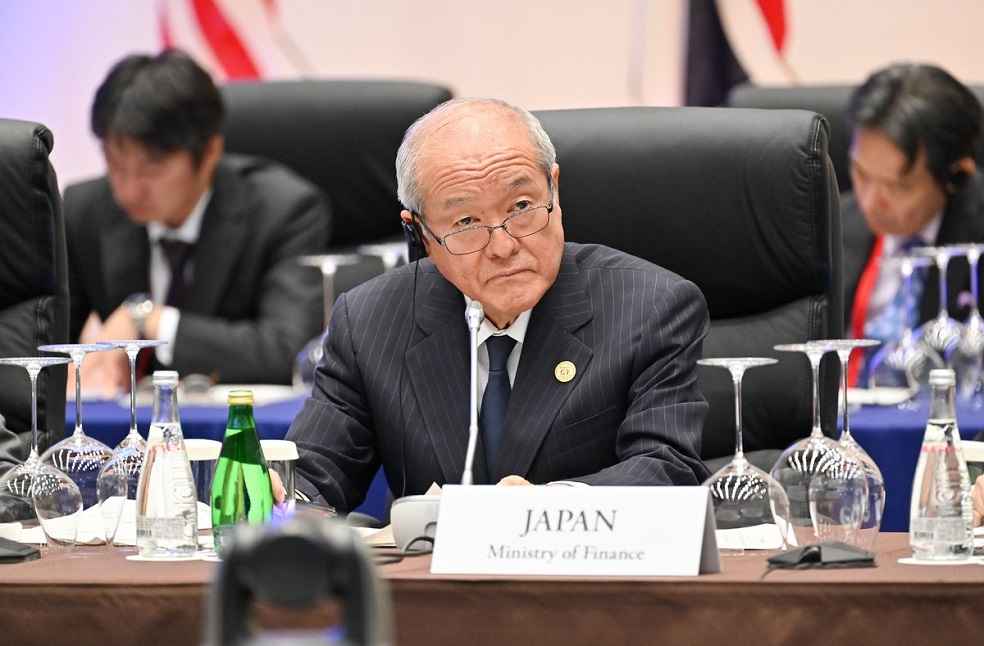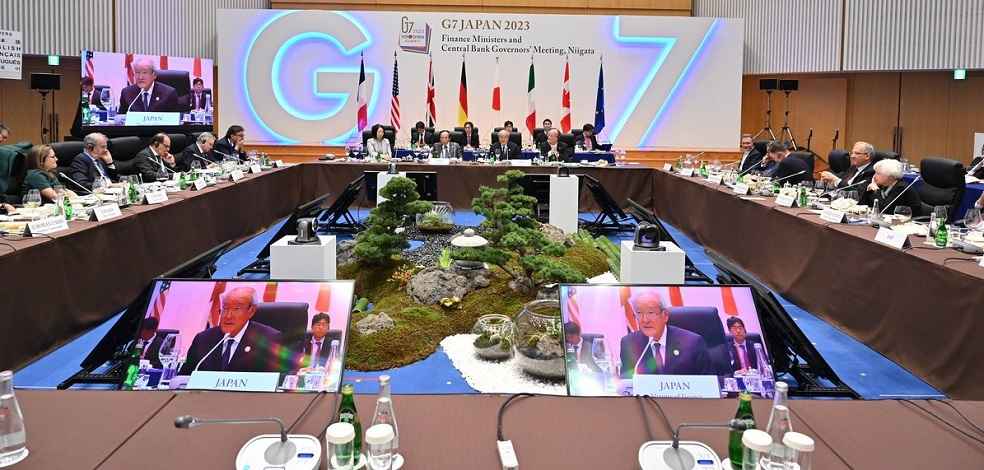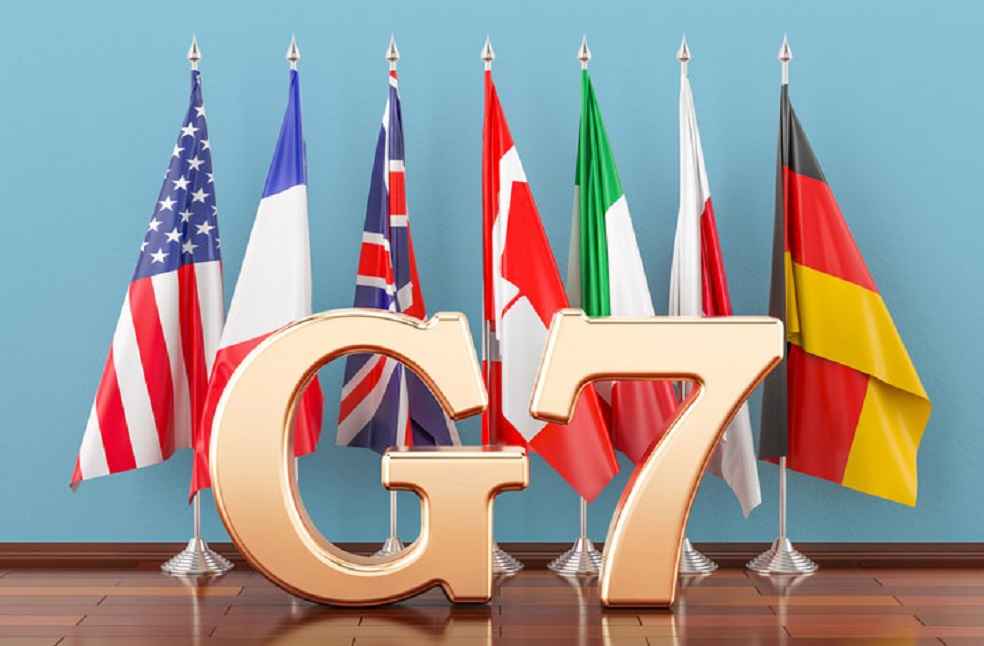G7 finance leaders are currently embroiled in complex discussions regarding targeted controls on investments to China. The meetings, held in Niigata, Japan, reveal the increasing concern over China’s influence on global trade and the economies of leading nations.
The United States, led by Treasury Secretary Janet Yellen, is advocating for stronger measures against China. Yellen cited China’s use of “economic coercion” against other nations as a significant concern, implying the need for countermeasures. She stated that many members of the G7 share these concerns and are considering strategies to address them.

Despite the unanimous apprehension, a consensus on the course of action remains elusive. The issue lies in the potential economic repercussions of such stringent measures on export-dependent nations like Germany and Japan. China, being the world’s second-largest economy, holds substantial sway over global trade dynamics.
Germany, for instance, is cautiously assessing its bilateral ties with China, acknowledging its strategic rivalry. Yet, it remains apprehensive about leading a G7 front against China, reflecting the sensitive nature of the issue. Similarly, Japan expresses reservations about outbound investment controls due to the possible adverse impact on global trade and its economy.
As an alternative, the G7 is considering establishing partnerships with low and middle-income nations to diversify supply chains away from China. To this end, Japan has invited non-G7 countries, including Brazil, India, and Indonesia, to an outreach meeting.

However, experts remain skeptical about the effectiveness of such measures. Toru Nishihama, chief emerging market economist at Dai-ichi Life Research Institute, highlighted the difficulty of excluding China due to its economic clout. He warned that such actions could fracture global trade, stunt growth, and inadvertently harm G7 economies.
Additionally, the G7 faces challenges in assisting emerging economies with debt issues by isolating China, the world’s largest sovereign creditor. U.S. officials expressed frustration over China’s hesitance to restructure debt, with recent debt roundtable discussions making minimal progress.
As the G7 finance leaders’ three-day meeting concludes on Saturday, a joint statement is anticipated. The debate over investment controls to China is set to shape the future trajectory of global trade, making the outcomes of these discussions pivotal for the world economy.

G7 Description
The G7, standing for Group of Seven, is an informal association of globally recognized advanced democracies. The member countries, namely Canada, France, Germany, Italy, Japan, the United Kingdom, and the United States, along with the European Union as a non-enumerated participant, gather yearly. The primary objective of these meetings is to synchronize global economic policies and tackle other cross-border matters that demand collective attention and action.
LOGISTICS INDUSTRY: 60% of SMBs suffered revenue loss due to supply chain issues in 2022



